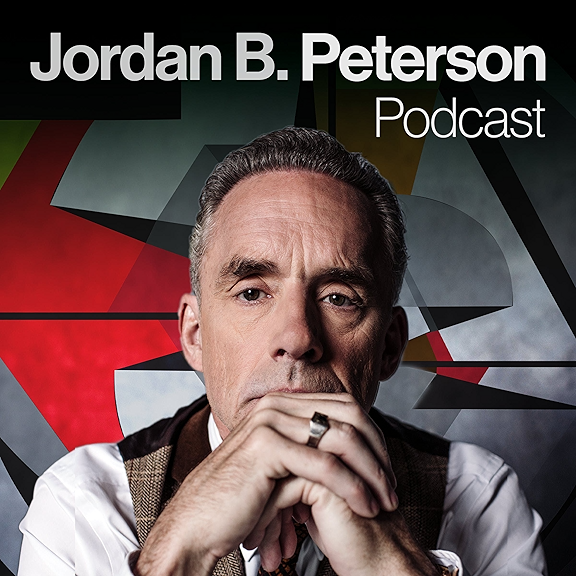
More on Systemic Action Research with Dr. Danny Burns and Dr. Marina Apgar
In this episode, our team follows up with Dr. Danny Burns and Dr. Marina Apgar who first joined us in Episode 4 to discuss systemic action research. Danny Burns is a Professorial Research Fellow at the Institute for Development Studies (IDS) a think tank affiliated with the University of Sussex in England. He has directed more than 25 action research projects and programmes. His work focuses on participatory learning for social change with a strong emphasis on systems thinking and complexity. Marina Apgar is Research Fellow in the Participation, Inclusion and Social Change cluster at IDS. She is a human ecologist with 20 years experience working in the research-practice divide with marginalized communities in international development supporting learning and change in complex systems.
[02:38] Marina reminds listeners about their large-scale system-changing project called Child Labour: Action-Research-Innovation in South and South-Eastern Asia [CLARISSA]. Started in 2016, CLARISSA has a team of more than 150 members. In this episode, [06:13] Joe asks our guests to update on developments and any changes in light of shifts in pandemic policies. Danny and Marina describe in further depth the first phase of their work with children in the worst forms of child labor. They share experience of the team working with stakeholders in the adult entertainment sector in Nepal and leather supply chain in Bangladesh (such as the employers of the children, business owners, parents and guardians). For Marina and Danny, action research can be an implementation modality that can help co-researchers respond to complex problems such as these. Our guests describe some of the ways the project went about understanding issues based on the lived experience of the children—starting with an extensive life story collection and analysis project. Through this process “the children actually themselves do a causal analysis of their experience, building a systemic picture of the issue of child labor. And then they decide what the intervention points are in the system.” [09:44] Danny describes children’s involvement in mapping the streets and identifying where the businesses were, through a process called A Day in the Life. This work provided an important “evidential base” because it allowed them to challenge a lot of assumptions which proved to be critical to the starting point of 13 action research groups. In fact, [17:45] this process evidenced “ how children actually reflecting on an issue from their own experience can create a different narrative.” [20:19] Reflecting on procedural knowledge, Marina discusses how the work in this first phase is also providing evidence for other important and central questions in this program: How is trust built? How does participation work, and how can it be sustained? [25:57] Danny offers some thoughts on safeguarding and relevance, and [29:29] Marina reflects on the evolution of expected outputs in the process of this research. [32:37] Danny picks up on these points and talks about policy work, in the context of generalizable vs transferable knowledge. [35:17] Marina is thankful that “even in the evaluation community, we're moving much more to transferability as being a core criteria. And action research, like a lot of qualitative and case-based kind of methods, is really well placed to do that.” Towards the end of the podcast, [37:19] Danny and Marina reflect on the need for a participatory management to go with any large-scale participatory process.
After some discussion among the podcast team, we were curious to follow up on some of the ethics approval process and finer details in some of the methods used in the Clarissa project. We look forward to continuing our discussion with Danny and Marina, and we encourage you to keep an eye on...




















